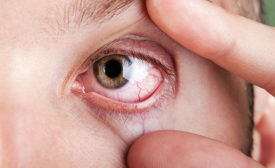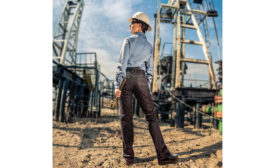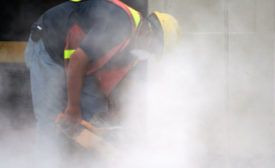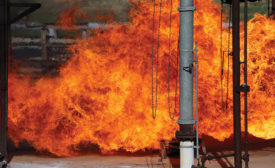Featured on Home Page
Special safety glasses protect against dust & particles
Avoid irritated eyes
September 28, 2018
Update training on OSHA’s new fall protection rules
Focus on walking surfaces and fixed ladders
September 26, 2018
FR protection is effective, comfortable & stylish
No sacrifices necessary
September 24, 2018
Here are 3 actions to plan for exposure protection
Silica dust’s invisible risks
September 20, 2018
Designing a multi-hazard FR PPE program for petroleum refineries
Expect the Unexpected
September 18, 2018
Become a Leader in Safety Culture
Build your knowledge with ISHN, covering key safety, health and industrial hygiene news, products, and trends.
JOIN TODAYCopyright ©2025. All Rights Reserved BNP Media.
Design, CMS, Hosting & Web Development :: ePublishing








